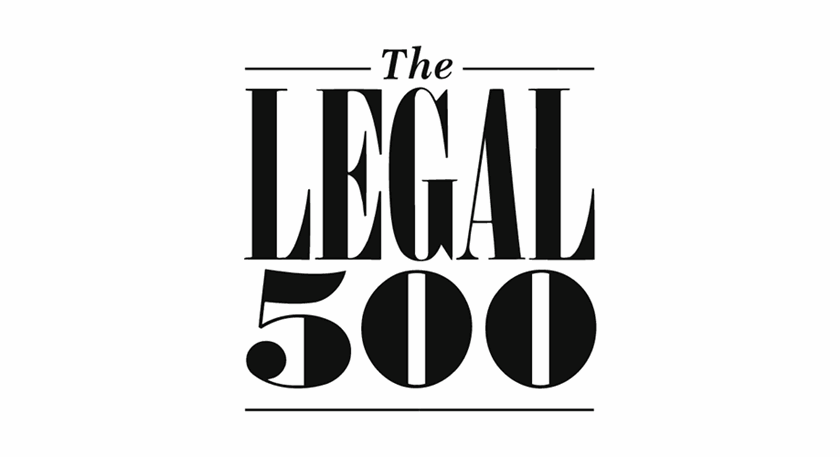Charity law update: Summer 2023 developments
Insight

The past few months have seen a number of charity law developments, in terms of legislation coming into force, judgments from the courts and tribunals, and new guidance from the Charity Commission. We briefly flag the more significant of these developments here.
New Charity Commission guidance
The Charity Commission has published (in August and September respectively) updated and new guidance on investment and social media:
- On charities and investment (Investing charity money: a guide for trustees)
This updated and much shorter guidance that the previous version:
- Takes into account the Butler-Sloss judgment issued by the High Court in 2022.
- Provides a list of potential approaches that charities can take to financial investment and social investment.
- Recommends charities take professional advice on investments (although that advice can be given by a trustee with relevant experience).
- Advises on setting an investment policy.
We have reported on the new investment guidance here.
- On charities and social media (Charities and social media)
This new guidance:
- Recommends charities using social media have a social media policy in place.
- Sets out trustees’ legal responsibilities in relation to social media (while acknowledging the running of a charity’s social media will often be delegated).
- Provides guidance in relation to engaging on emotive topics, and on content posted or shared by trustees, employees, or volunteers on their personal accounts.
Trustees of charities with investments or which have a social media presence would be well-advised to consider the new pieces of guidance.
Further implementation of the Charities Act 2022
On 14 June the following provisions of the Charities Act 2022 came into force:
- Sections 9-14 and 35(a): Permanent endowment
- Sections 17, 19-22: Charity land
- Sections 25-28: Charity names
- Section 38 and 39: Connected persons
- Part of Section 40 and Schedule 2: Minor and consequential amendments
Our articles on changes to property disposals and the rules on permanent endowment introduced by the Charities Act 2022 are available here.
London Borough of Merton Council v Nuffield Health
Also in June, the Supreme Court gave judgment (available here) in a case regarding the test for eligibility for mandatory charity rates relief in England.
The Supreme Court found that Nuffield Heath was entitled to business rates relief at its sports club in Merton on the basis that it was a charity, and the premises in question were used for the direct fulfilment of its charitable purposes, even though it charged fees to access the facilities at that premises at a level excluding those of modest means from joining.
The Supreme Court confirmed that the public benefit test when applied to a charity is not assessed separately for each site a charity operates from but is considered in the context of the entirety of the activities carried out by the charity.
Mermaids v Charity Commission & LGB Alliance
In July the First-tier Tribunal (or FTT) gave its judgment on the case brought by Mermaids, a charity whose objects are to support children and young people affected by gender identity issues, and their families, against the Charity Commission’s decision to register LGB Alliance, a charity established to support lesbians, gay men, and bisexuals.
The judgment is available here, and contains some useful guidance on who is and is not entitled to appeal to the FTT against a decision of the Charity Commission. As the FTT concluded that Mermaids was not so entitled in this case, it did not make a decision on the secondary issue at play – whether LGB Alliance was a charity – and refused to provide a hypothetical conclusion on this point.
The National Security Act 2023
This received Royal Assent in July and brings in the new Foreign Influence Registration Scheme (FIRS), which requires the registration “of arrangements to carry out political influence activities in the UK at the direction of a foreign power”. The FIRS is a two-tier scheme (there is a “political influence tier”, and an “enhanced tier”), and failure to register when required to do so will be a criminal offence. FIRS will be of interest to trustees of charities connected to foreign powers, who will need to consider whether this could create any obligation to register.
During its passage through Parliament, concerns were expressed that the legislation was creating offences that were wide enough to encompass public interest journalism and whistleblowing, and could also criminalise NGOs carrying out lobbying activity or working with investigative journalists.
This publication is a general summary of the law. It should not replace legal advice tailored to your specific circumstances.
© Farrer & Co LLP, October 2023







